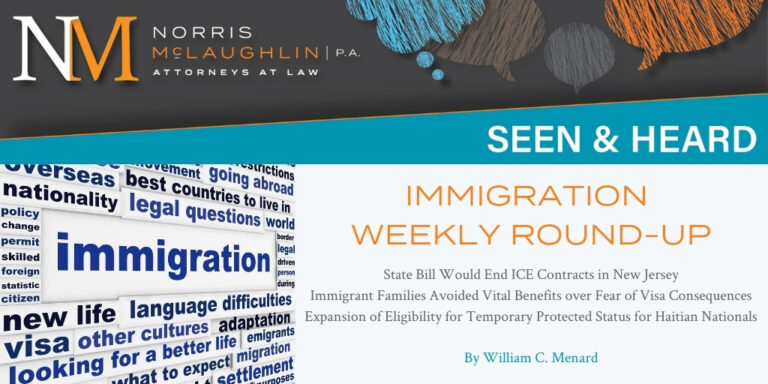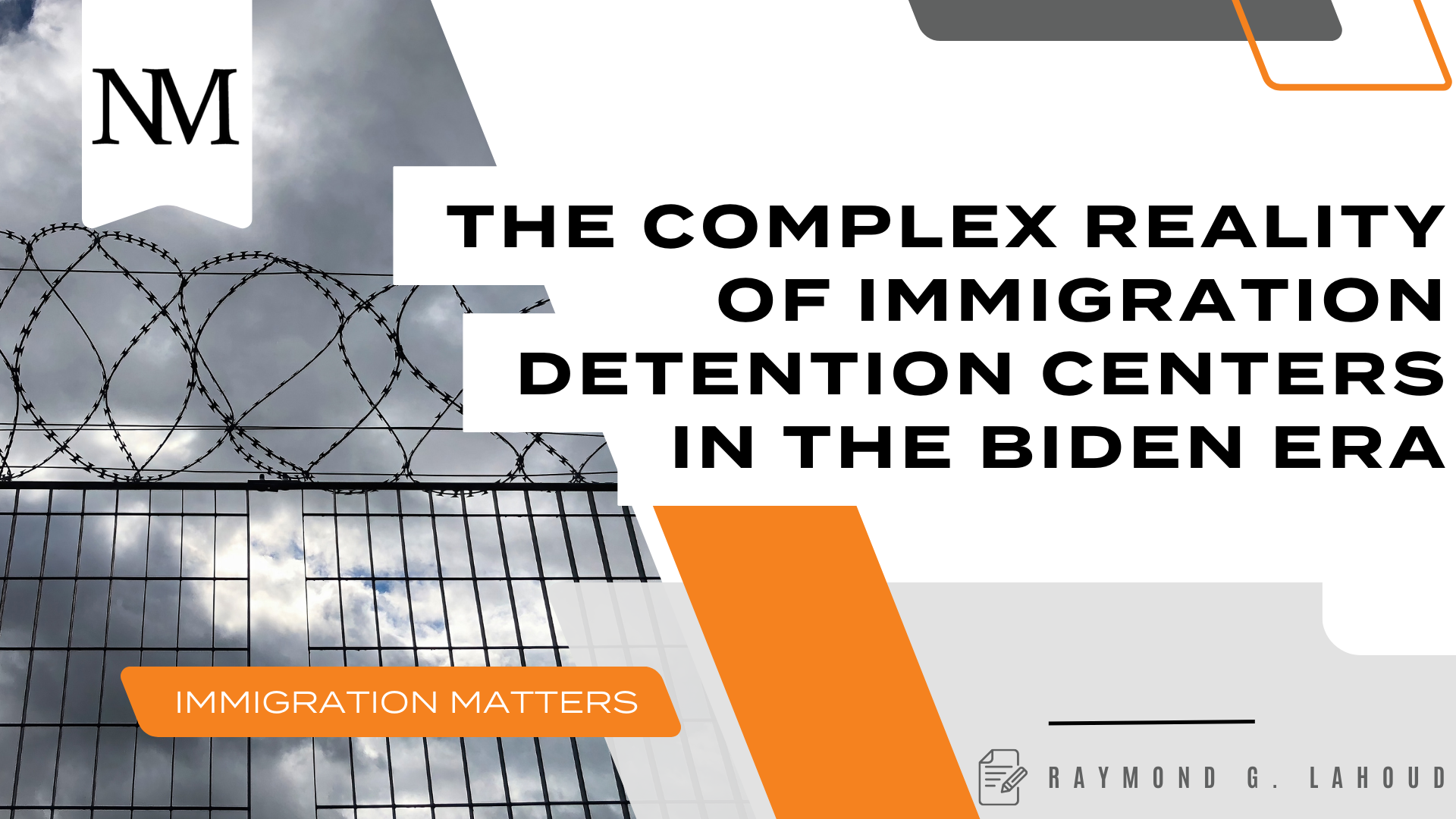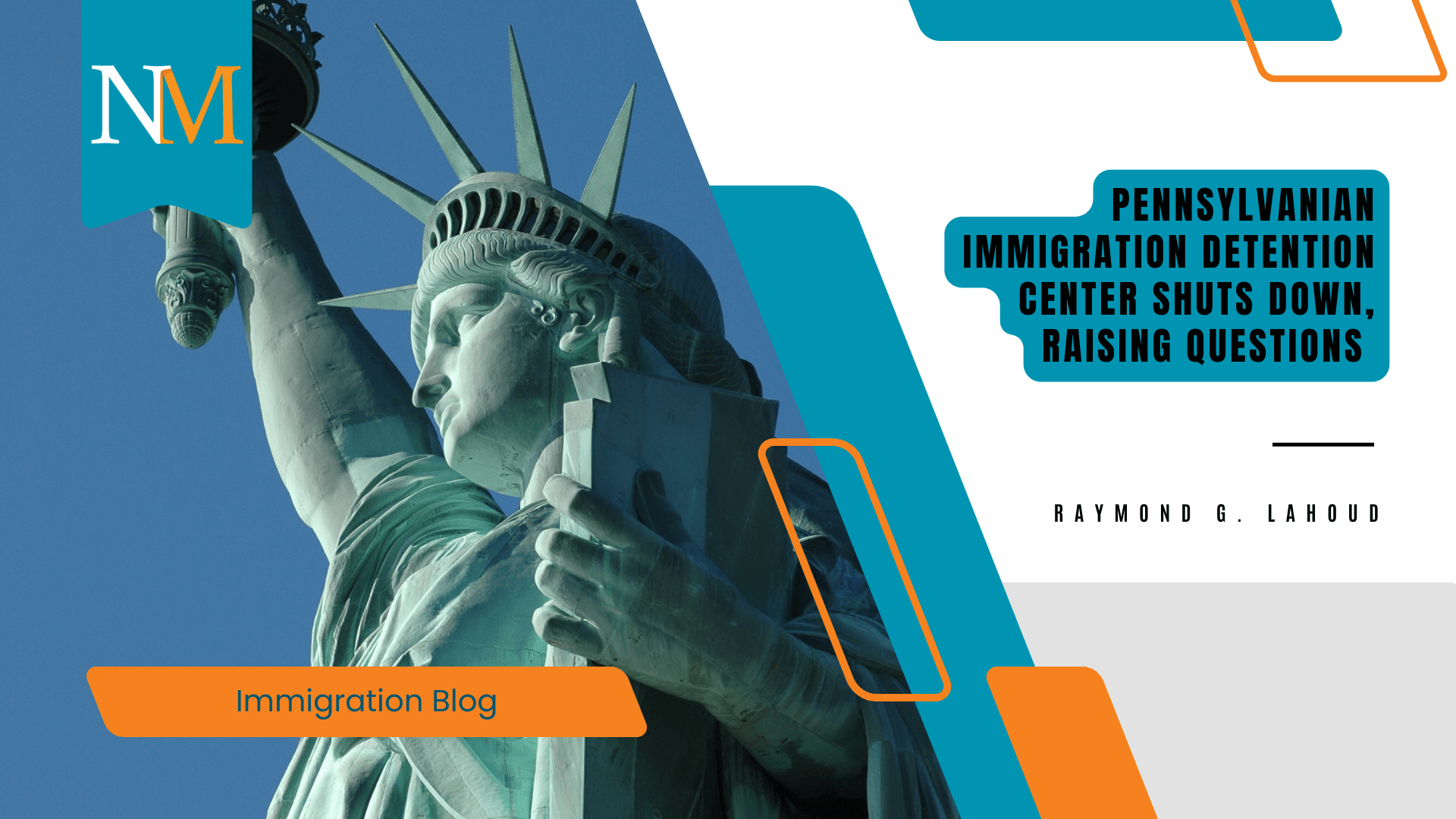Immigration Weekly Round-Up: New Jersey Steps Closer to Banning Immigration Detention; Immigrants Eschewed Vital Benefits in Fear of Immigration Consequences; TPS Expanded for Haitians

State Bill Would End ICE Contracts in New Jersey
The Law and Public Safety Committee of the New Jersey State Senate has advanced a bill that would bar local governments and private prisons from entering into any contracts to house or detain people for civil immigration violations. The New Jersey bill would also prohibit the renewal of any existing contracts, including between both Hudson and Bergen county facilities and Immigration and Customs Enforcement (ICE). State Senator Loretta Weinberg, a sponsor of the bill, thanked the continued advocacy by groups such as New Jersey Alliance for Immigrant Justice and the American Civil Liberties Union, which had called for closures of ICE facilities for years, stating that “no human should be imprisoned because of their immigration status.”
The full State Senate, as well as the State Assembly, must also pass the bill before it can be presented to Governor Phil Murphy to sign into law. The Norris McLaughlin Immigration Law Blog, “Immigration Matters,” will continue to monitor this issue as it develops.
Immigrant Families Avoided Vital Benefits over Fear of Visa Consequences
In a survey conducted at the end of 2020, the Urban Institute found that over 27% of low-income immigrant families had at least one family member who avoided non-cash benefits or other forms of governmental support for fear of possible negative impacts to their immigration status. This continued even though these benefits were critical for individual or family support during the COVID-19 pandemic. During that same period, among adults living in low-income immigrant households, over 41% reported food insecurity, over 26% reported being unable to pay medical bills, and over 20% stated they could not pay rent or utility bills.
Many immigrants avoided benefits programs due to an updated “public charge” rule set forth by the Trump administration, which allowed immigration officials from the Department of Homeland Security or Department of State to consider an immigrant’s use or anticipated use of benefits programs as a negative factor when adjudicating applications for immigration benefits. The public charge rule has since been revoked by the Biden administration.
Expansion of Eligibility for Temporary Protected Status for Haitian Nationals
In a recent announcement, Department of Homeland Security Secretary Alejandro Mayorkas stated that the United States will expand eligibility for Temporary Protect Status (TPS) for approximately 100,000 Haitian nationals currently residing in the United States. The new move would extend the TPS program for Haitians already enrolled for 18 months and expand eligibility to any Haitian national in the United States as of May 21, 2021.
The TPS program allows certain people physically present in the United States to continue to live and work in the country if their nation of origin has been affected by a catastrophe such as a natural disaster, war, or similar event that prevents a person from safely returning that nation. TPS designations are typically issued for six to 18-month increments and can be renewed for as long as the effects of the triggering event continue.
After Haiti was devastated by a 2010 earthquake, Haitians were granted TPS designation in the United States, and this designation has remained since that time. The Trump administration sought to end most TPS enrollment, including Haitians, but was stopped by various federal courts.
If you have any questions about this blog post or any other immigration concerns, please feel free to contact me at wcmenard@norris-law.com or 484-544-0022.




